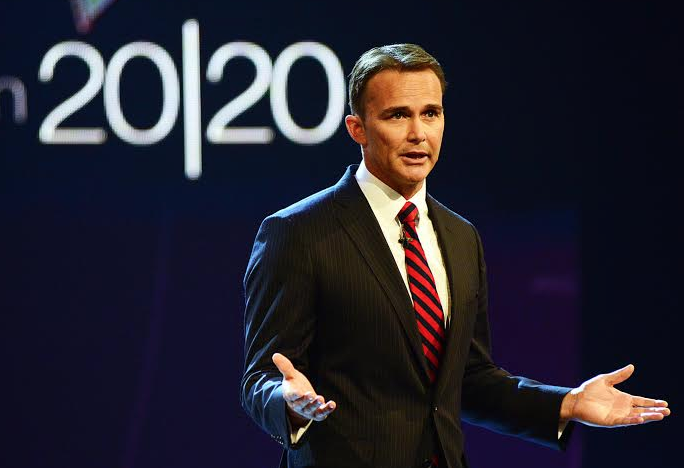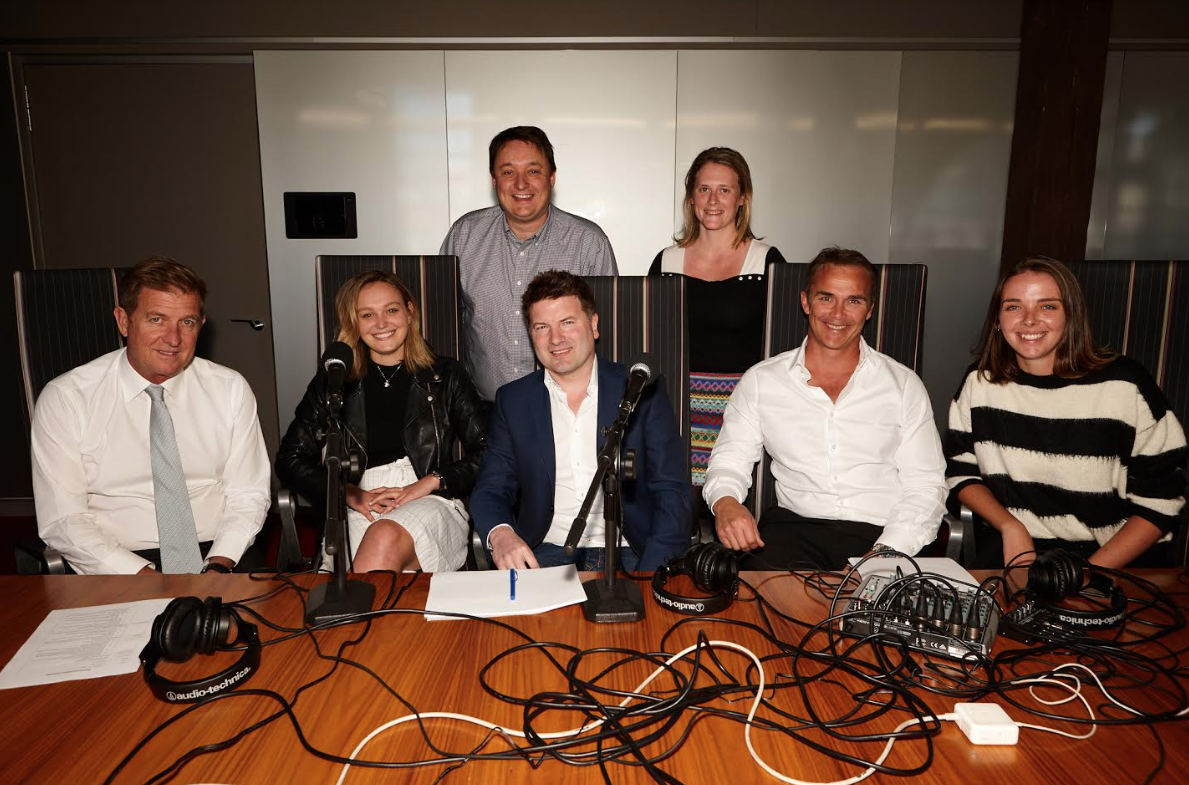
Cost-cutting is not a dirty word: Seven
Seven has defended its record of cost-cutting in the wake of yesterday’s financial results, which saw the company post a $134.89m profit – up from a $745m loss last year – after rounds of cost-cutting and a 7% reduction in full-time employees.
Asked by Mumbrella whether the company could continue to cut its way to profit – rather than generated more revenue – chief revenue officer Kurt Burnette said cost-cutting wasn’t just about letting people go.
“If you are not thinking about how to have cost control or cost efficiencies in your business, I don’t think it’s very sustainable for long in the modern media world, in fact the modern business world,” he said.
“And cost control isn’t just about cuts. It’s about finding efficiencies through everything from innovation to changing the way that you work, to synergies… we move to Redfern as an example into Media City at the end of this year and we’re in the same building as Pacific [Magazines] and the same building as our Studios, and we’re already finding efficiencies through there just about how we work with our ad ops team and our content teams.
“So there’s many different ways to do that, and cost-cutting’s not a dirty word, it’s a necessary business toll. However we’re very much focused on creating ideas generation and innovation and investing back in content, investing back in people, as much as we are looking for efficiencies. That’s how we see it.”
Seven now faces the prospect of significantly higher costs as it pays for its cricket broadcasting rights. Asked how Seven will make up for this increase – and whether there would need to be more drastic cuts – Burnette said the company has to make sure it gets as much of the available consumer and advertiser dollars that it can.
“There’s a number of levers to pull. And obviously the market has a fair bit to say about it, the confidence that is in the market. We can’t control that. What we can control, is when there is investment to be made, securing our share of that available investment funds from marketers and consumers,” he said.
Seven’s prospects for revenue and profit in the 2019 financial year are strengthened, Burnette said, because television is making a come back.
“I think largely speaking that television has turned a corner in perception very much so… There’s still lots of work to do and it’s a continual stream of work, and we’ll continue to keep pushing the benefits of television or highlighting the benefits of television, getting the facts out there on what’s really happening,” he said, pointing to the success of BVOD services and the growing prominence of connected TVs.
He hopes the story in 2019 is about growth, and television’s return to the throne.
“I’d like to see continued growth. That’s the story. Continued growth and advertisers flocking back to television, continuing to flock back to television. That would be a fabulous story to be in, and not only they flock back to television, but they flock back to Seven West Media. I think there’s a number of things that we’re working on now that we have in market around our audience capture and how we use the entire ecosystem of Seven, The West, Pacific, the digital ecosystem, we’re doing that now, that will be another component, where just understanding the consumers and the audience in that ecosystem to be able to deliver them a better experience and a more effective advertising solution… We’re very much focused on the consumer experience as much as we are the advertiser one.”





Kurt the cost cutter? Seriously?